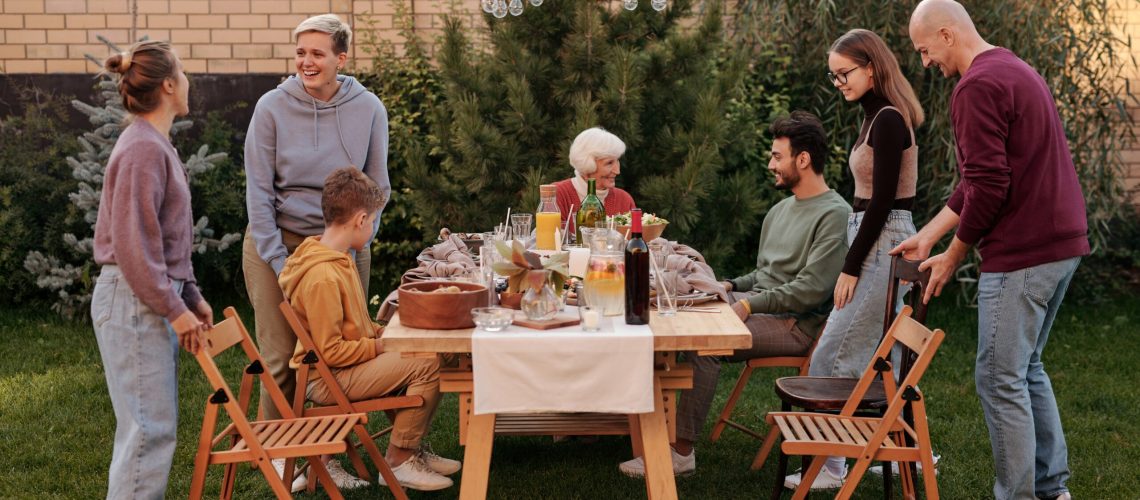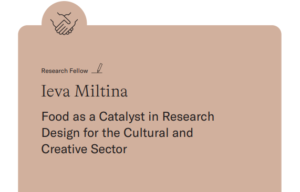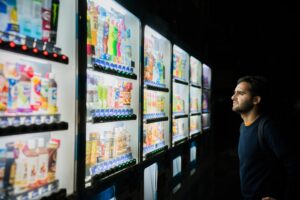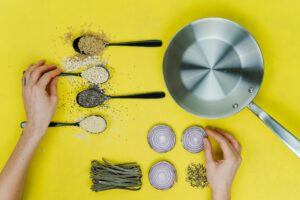Cooking is a beautiful process, that involves patience, sharing and it teaches a lot: what life skills? Let’s see it together
Eating is for everybody, but cooking is only for those who like it or those who need to do it: what life skills does cooking teach?
The world splits itself in two parts: some love cooking and some others wash dishes.
Like everything in life, something can be easy just because you are good at it or somehow you need some effort to learn it.
Nevertheless, whether you like it or not, cooking is anyway a great opportunity to learn something.
Cooking teaches you to understand what you like
Taste is one of the five senses and we discover the world through them. Discovering the world is one of the ways we have to get to know better and better ourselves.
If we cook for ourselves, we take decisions about what to cook and how, according to what we like or want.
Cooking is a way to discover and experiment
Mama food is the comfort food and it is fundamental to have meals that make us feel home.
However, cooking means also experimenting new perceptions. It can be with an ingredient we had never had before or by combining already known ingredients in a new way. It can be a spice, an exotic fruit or other.
Cooking and eating make us travel a bit, sometimes.
Developing empathy through food
When we prepare food for someone, we mostly enjoy the process.
Sharing a homemade dinner is one of the most beautiful ways to create a connection.
Nevertheless, wondering about what a person likes or can and cannot eat is fundamental.
Imagine inviting a celiac person for a homemade pizza without knowing it or preparing your grandma meatloaf for your vegetarian friend.
Asking is a way we have for taking care of the others.
Food is a way to connect people, but only if we use empathy and ask the others their preferences, not giving them for granted. Sharing food teaches empathy.
Learn to be organized, but let yourself surprise by improvisation
Following a recipe is important for the people who are moving their first steps in cooking.
Writing down a shopping list, going to the grocery and buying the ingredients, scheduling a time to have the dinner ready.
Think at yourself the first time you approached to cook something: you probably made some mistake. For sure, the second time you learnt something more, and the tenth time your organizational skills were much more improved.
Cooking teaches to be organized!
On the other hand, experimenting that spice or that vegetable in a way that goes a bit far from the recipe, following the intuition can produce a culinary masterpiece (or a disaster, of course). But you will never know until you don’t experiment it and improvise!
How many traditional foods were born by chance?!
Cooking teaches also to enjoy the improvisation!
Cooking is sharing moments and developing teamwork
There is a story about Sunday meals in every country: it is the day when the family is finally together, with no work to do and just enjoying the preparation of food and eating it. Together.
Well, sharing the moment with the others is the greatest – and sweetest – lesson you can learn from cooking process.
Teamwork is a natural consequence. Sharing the responsibilities of preparing food, going to shop, cutting ingredients and – last, but not least – cleaning is part of the whole process.
Food is one of the way to enjoy the beauty of teamwork and to see how effective it can be!
Patience and independence
Being able to prepare a meal for yourself and for the others makes you independent and able to choose to eat what you want, by choosing ingredients.
Waiting for the meal to be ready is essential to make it tasty, and everybody likes to eat tasty meals. Patient is important in the cooking process, as well as in life!
What does cooking teach?
In brief, there is a way we can experience the cooking process as a learning process.
We can learn a lot from this everyday, but still special, activity:
- get to know ourselves and our tastes;
- experimenting new things;
- developing empathy and taking care of the others;
- organization, that is something we need for every kind of process;
- improvisation, that makes us more creative;
- teamwork, skill required in every job we apply for;
- sense of sharing the moment, good for the well-being and mental health;
- patience, because everything needs the right time;
- independence, to grow as better adults.
What do you think is the most important lesson?








